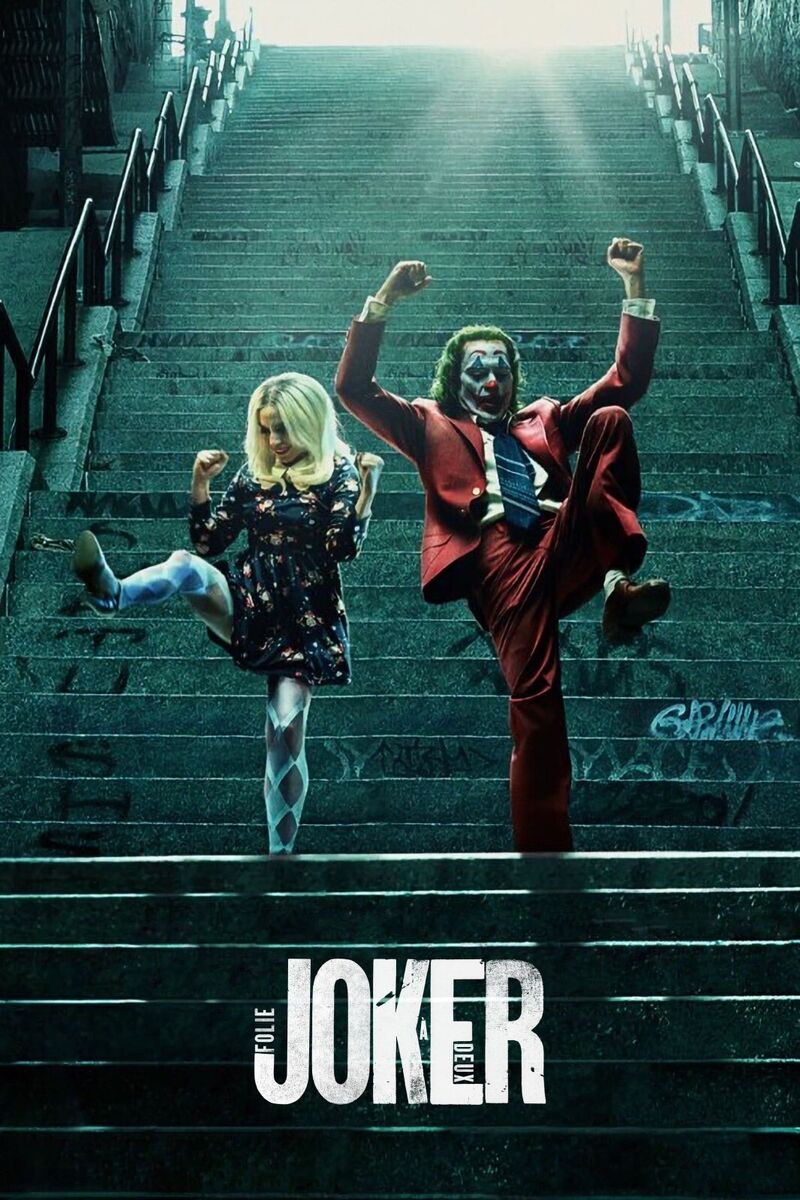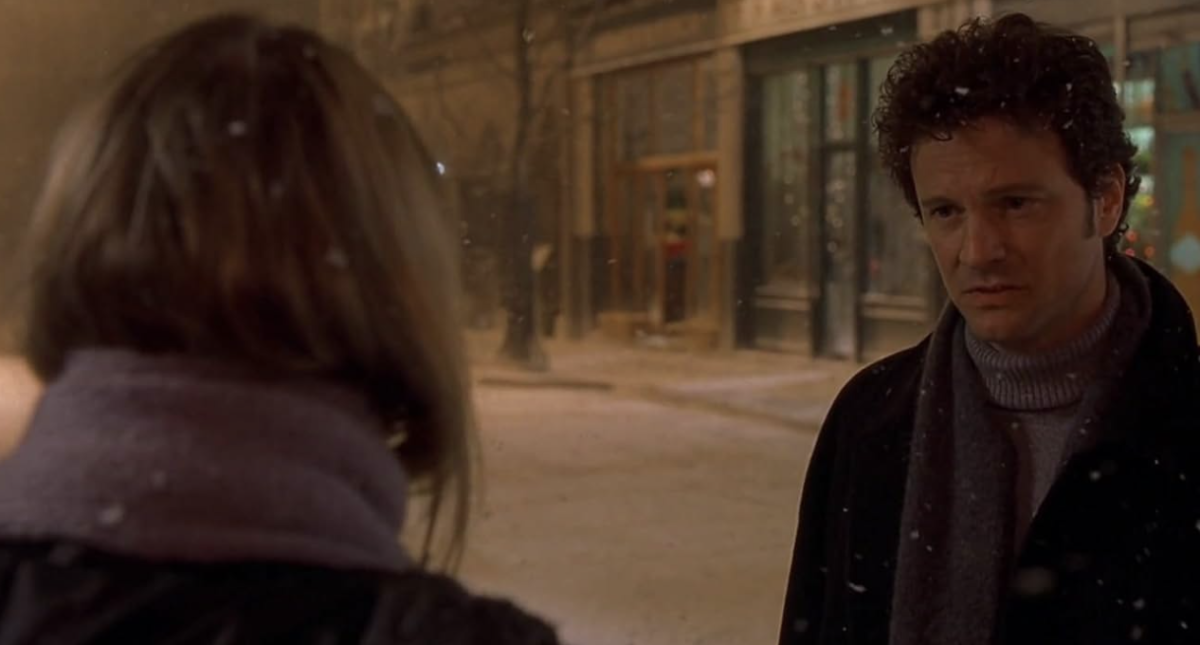“Brooklyn” is a softly sweet film that deftly avoids the many formulaic pitfalls to which its rather standard storyline is susceptible.
Saoirse Ronan is outstanding as Eilis Lacey, a young Irish girl who goes to America to seek new opportunities. Her Irish hometown holds little for her, and after encouragement from her family, she sails to America, where she finds work as a shopgirl and lives in a boarding house with a stern landlady and two giddy Irish girls.
However, the plot really picks up steam when Eilis’ Italian-American love interest Tony Fiorello (Emory Cohen) is introduced. Ronan and Cohen have some of the best chemistry I’ve ever seen on a movie screen, and Cohen’s boyish good looks and excitement combined with Ronan’s self-possession make their pairing very real and natural.

Director John Crowley could have let the movie become a stereotypical piece about finding success in America, but the movie is utterly unpretentious, which in this case adds to its charms. Instead, the entire cast is innocent and bright-eyed―especially Ronan.
It is near impossible to overstate how the casting of Ronan takes this film from “pretty good” to “outstanding.” In the film, Eilis is in the midst of change, both intense and subtle, and Ronan’s every gesture, posture, expression and sigh expertly convey the delicate balance between her longing for old home in Ireland and her confidence in her new one in Brooklyn.
Eilis is in limbo for a majority of the film, considering the friends and family she left in Ireland, and the boy and friends and family she has made for herself in Brooklyn. The contrasts between these two places are emphasized by romantic imagery of each city―department stores and streetcars in New York, and small pubs and corner shops in Dublin.
Set in the 1950s, it ignores the conflicts of the time such as the Korean War, instead serving as a film ripe with nostalgia that might prompt one to wish for a return to the “good old days.”
The soundtrack by Michael Brook is excellent, and only adds to the escapist theme of the film. It does not present itself boldly, but like the rest of the film slowly grows on its audience.
However, “Brooklyn” is really about the characters. It’s remarkably well-cast, with leads who are able to step up and supporting characters who seem at home in their more minor roles. Julie Walters is in her element as Madge Kehoe, the bluntly hilarious landlady, and Eilis’ fellow boarders, Patty (Emily Bett Rickards) and Diana (Eve Mackin) are giggly and haughty in turns, serving as foils to the prim, thoughtful Eilis.
Cinematographer Yves Bélanger also contributes to the nostalgic feeling of the film by using only warm shades of color picturesque angles. These techniques never come off as heavy-handed, instead only adding to the romantic but sensible relationship between Ronan and Cohen.
“Brooklyn” is a charmingly brilliant film that owes its incredible charisma to Ronan. Accessible to all audiences, this movie is a delightful romance that is a love story to Brooklyn, a love story to Ireland, but most of all a beautiful, sensible love story between Eilis and Tony.






